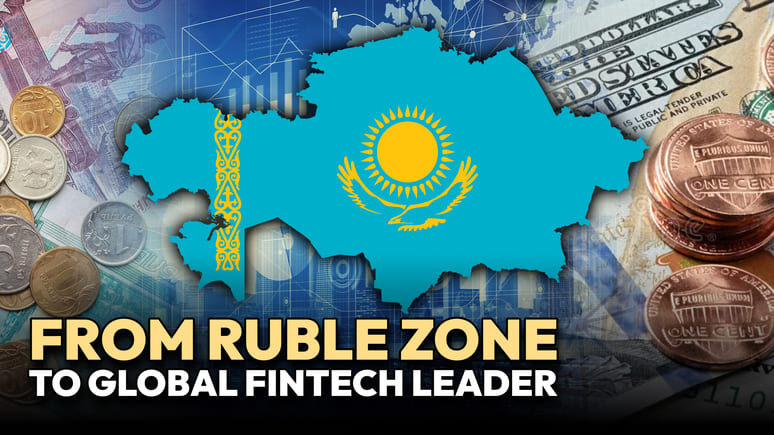
Discover how Kazakhstan has transformed its financial sector over three decades—from its humble beginnings to a thriving hub of fintech innovation, digitalization, and international investment.
TO READ THE ARTICLE, BUY A SUBSCRIPTION
1. SUBSCRIPTION VIA PHONE NUMBER / EMAIL
Individual approach and exclusive materials
View sites without advertising (25,000 sum/month)
Bot for questions
Comments (0)